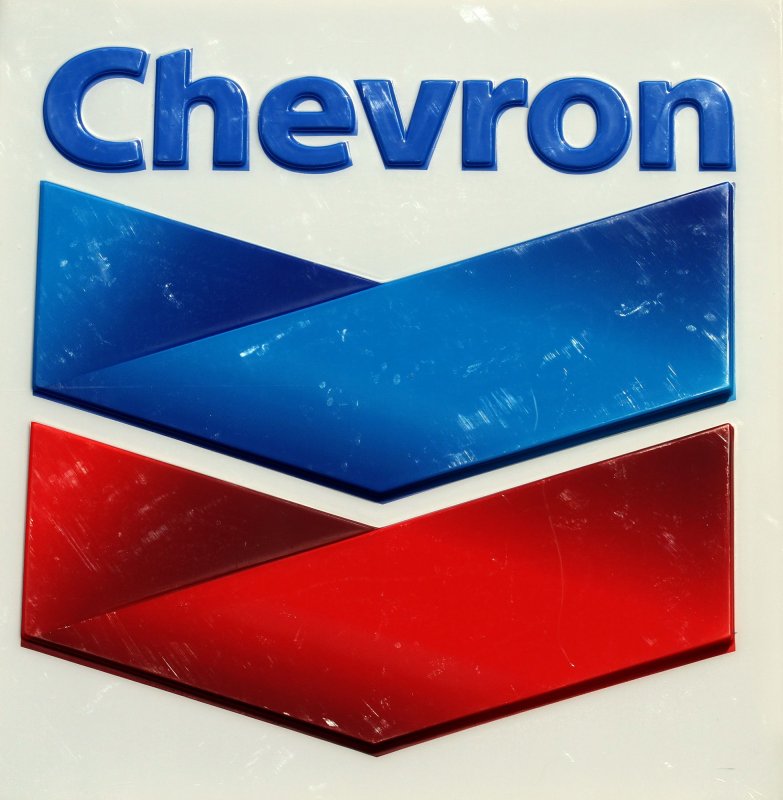Chevron says the amount of methane it produces from its operations is far less than many of its U.S. peers. Methane is a greenhouse gas far more potent than carbon dioxide. File Photo by Mohammad Kheirkhah/UPI |
License Photo
Oct. 25 (UPI) -- U.S. supermajor Chevron said Tuesday that it has vastly reduced its emissions of methane -- a potent greenhouse gas -- in part by installing sequestration systems at its operations.
Chevron in a report that comes three days before it releases data on earnings for the third quarter said it's been able to reduce its methane intensity by 50% since 2016. Not only that, but the company claims the methane intensity from exploration and production -- known as the upstream part of the energy sector -- was 85% less than its U.S. peers as of 2020.
Methane is a potent greenhouse gas that has a warming potential that far exceeds that of carbon dioxide. It can be associated with crude oil and may be released into the atmosphere during production.
Members of a clean-air task force told the House Select Committee on the Climate Crisis earlier this year that the oil and gas sector is the single largest source of methane pollution. All told, the methane pollution from the domestic oil and gas industry is the equivalent of the pollution from all of the passenger vehicles on the road.
Nearly all of Chevron's methane emissions came from its production of oil and natural gas.
Balaji Krishnamurthy, Chevron's corporate vice president of strategy and sustainability, said in a statement that the company takes its methane management program seriously, however.
"Our goal is simple -- keep methane in the pipe," he said.
In the Permian basin, the most prolific shale oil reservoir in the United States, the company said its installed recovery units that can abate methane emissions straight from the source.
Offshore in the U.S. territorial waters of the Gulf of Mexico, the company said it's one of the least-polluting operators.
"Going forward, Chevron has made a commitment to design, where possible, all new upstream facilities without routine methane emissions," Chevron CEO Michael Wirth said.
His comments follow a report from the U.N.'s World Meteorological Association that found the concentration of greenhouse gases in the atmosphere continues to set new records.
The past seven years were the warmest on record, the report found, while emission reduction pledges for 2030 need to be seven times higher to be in line with the 2015 Paris climate agreement.















